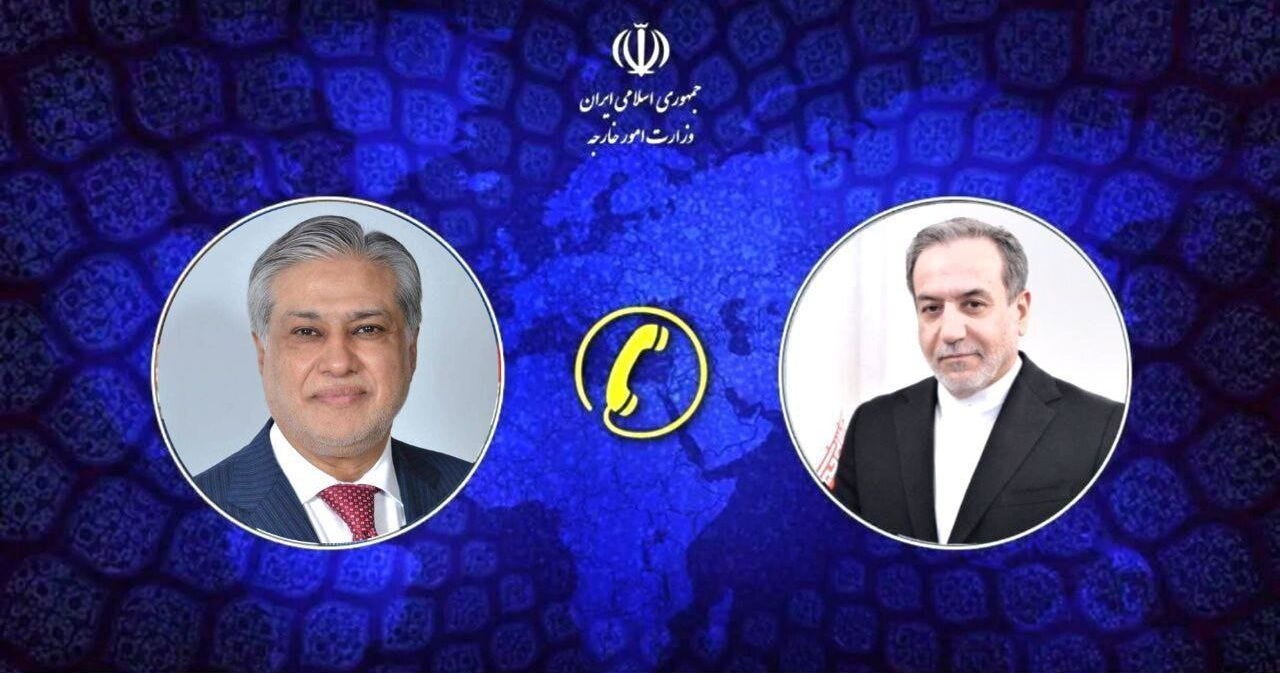Pakistan Vows to Defend Sovereignty Amid Escalating Tensions with India
Iran Urges Restraint, Offers Mediation as Regional Concerns Grow

Pakistan, PUREWILAYAH.COM - Amid rising tensions with neighboring India, Pakistan has issued a firm declaration of its readiness to defend its sovereignty and territorial integrity. The statement comes as diplomatic strains between the two nuclear-armed rivals escalate, prompting international concern—including an appeal from Iran for both sides to exercise restraint.
Pakistan’s Strong Warning Against Aggression
Pakistani leadership emphasized the country’s commitment to peaceful relations but warned that any provocation or violation of its borders would be met with a decisive response. "Pakistan has always advocated for regional stability, but we will not compromise on our national security," a senior government official stated.
The remarks follow heightened rhetoric between Islamabad and New Delhi, with both sides accusing each other of hostile posturing. Analysts suggest the friction stems from unresolved disputes, particularly over Kashmir—a flashpoint that has triggered multiple conflicts between the two nations since 1947.
Iran Calls for Calm, Offers Mediation
In a significant diplomatic intervention, Iran has urged India and Pakistan to avoid further escalation and resolve differences through dialogue. "We encourage both nations to exercise maximum restraint and prioritize peaceful solutions," said an Iranian Foreign Ministry spokesperson. Tehran also expressed its readiness to facilitate mediation if requested, highlighting its neutral stance and historical ties with both countries.
The offer comes as Pakistan seeks broader international engagement to ease tensions. Islamabad has called upon the United Nations and major powers to intervene, warning that unchecked hostilities could destabilize South Asia.
Military Posturing and Regional Risks
Despite diplomatic appeals, both India and Pakistan have reinforced military deployments along their shared border. Pakistan’s armed forces recently conducted high-profile drills, signaling preparedness for potential conflict. Meanwhile, India has maintained a firm stance on countering "red lines," particularly regarding alleged cross-border militancy—a persistent point of contention.
Historical Grievances and the Path Forward
The India-Pakistan rivalry remains one of the world’s most volatile, compounded by nuclear capabilities and deep-seated mistrust. While past ceasefire agreements (such as the 2003 LoC truce) have temporarily eased tensions, violations and political shifts have repeatedly undermined lasting peace.
Security experts warn that without third-party mediation or renewed bilateral talks, the risk of unintended escalation remains high. "The current standoff is dangerously reminiscent of past crises," said a regional analyst. "External mediation, whether from Iran or other neutral actors, may be crucial to de-escalation."
Global Implications
As conflicts elsewhere dominate headlines, the Iran-India-Pakistan dynamic introduces new geopolitical dimensions. Tehran’s mediation offer could position it as a key regional player, while also testing its diplomatic influence between two historically adversarial neighbors.
For now, the world watches closely to see whether diplomacy prevails—or if South Asia edges closer to another perilous confrontation. (PW)


